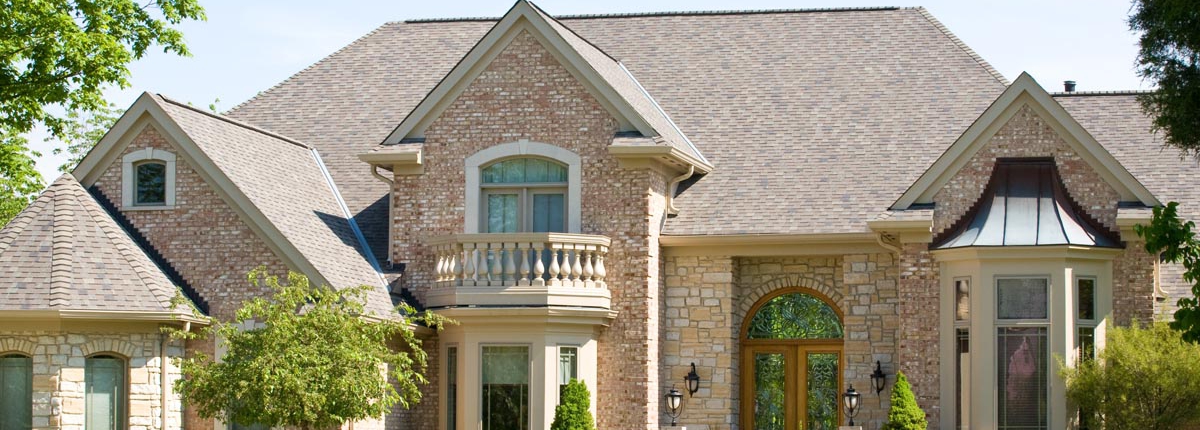Are Your Old Windows Costing You Money on Energy Usage?
Did you know that heat transfer through windows wastes around 25% to 30% of your home’s total energy usage? That’s a big loss, especially when you consider that 42% of your total home energy use comes from heating and cooling. Upgrading your home’s windows saves energy usage and reduces utility costs.
Don’t Throw Money Out the Window
You can stop wasting money on your energy bill and improve temperature control, security and your home’s value with new windows. In fact, old windows do more than just waste energy. Broken locks reduce your home’s security, and poor sound insulation from your windows fails to block outside noise. Old windows not only look bad, they work poorly too.
When you replace old windows with a more energy efficient option, you can save up to $450 per year on energy costs. That’s big savings! Plus, if you are looking to sell your home, new windows offer a solid return on your investment and make your home more attractive for potential buyers. Updated windows benefit your wallet by saving money and adding value.
New Windows Create Energy Efficiency
Not only do new energy efficient windows reduce your energy costs, they are better for the environment. By creating resistance to heat transfer, energy efficient windows retain the desired temperature for your home. This means your heating and cooling system runs less frequently.
Low-E (low emissivity) windows are one of the best window options to increase energy efficiency. Low-E windows have the clarity of traditional glass windows but with the added benefit of a thin coating that minimizes ultraviolent and infrared light entering your home through the windows.
Insulated windows also produce energy efficiency. Windows with double or even triple panes create insulation. In many cases windows with multiple panes also have gas fills or spacers to improve insulation which reduces heat transfer.
Regardless of the type of new window installed, any new window should improve energy efficiency. Old and damaged windows allow air leaks. Properly installed new windows reduce or prevent air leaks which helps increase energy efficiency.
Other Ways to Increase Energy Efficiency in Windows
If new windows aren’t in your home improvement budget, look for alternative ways to save on energy use. First, you don’t have to replace all the windows in your home to see energy savings. Start by replacing the most damaged or broken windows. Also, consider window repairs to fix broken locks or replace cracked panes.
Tackle DIY energy-saving tasks like adding caulking or weather stripping to prevent air leaks around your windows. Also, install drapes, blinds or other interior window coverings to help conserve energy. During warmer months, you can use shading to keep your home cool. Consider adding awnings, exterior blinds or natural shade from trees to block windows from direct sun exposure. The key is to keep your home’s temperature regulated by reducing unwanted heat transfer through your windows.




